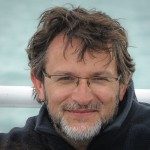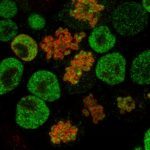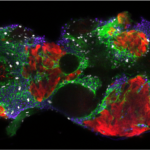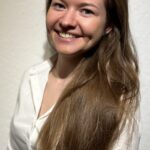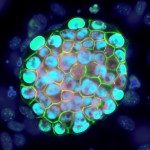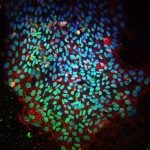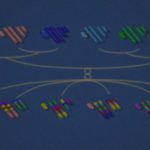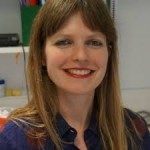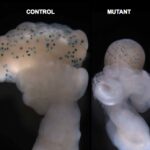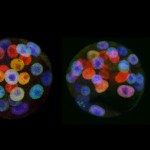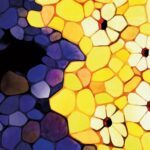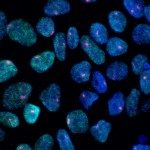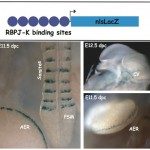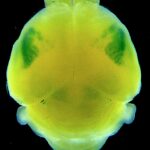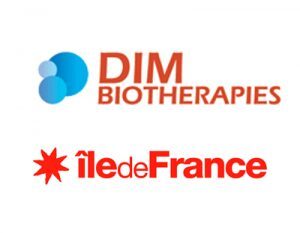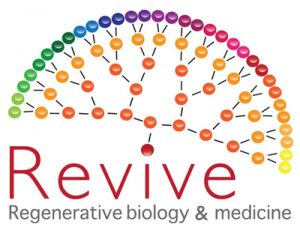The emergence of discrete cell identities from undifferentiated precursor cells is a central process in development and tissue homeostasis and repair, that when defective is at the basis of many human conditions including cancer and aging. The goal of our research is to provide a better understanding of the regulations operating at the levels of both intrinsic programs and extrinsic cues to ensure acquisition and maintenance of cell identities in an in vivo context. We are using as a model of choice the mouse preimplantation embryo, for which in vivo cell fate decisions can be scrutinized with high spatiotemporal resolution thus allowing to probe how dynamic changes in spatial cues and gene expression program are resolved into distinct cell identities in the intact embryo. In mammals, placental viviparity imposes on embryo development to begin with the generation of extraembryonic lineages required to interact with the maternal tissues, namely trophectoderm (TE) and primitive endoderm (PrE), while preserving a small population of pluripotent epiblast (Epi) cells from which the embryo proper originates. Understanding how these three lineages are produced in the proportion and arrangement appropriate for post-implantation development to proceed is of paramount importance in the context of the continuous decline of human fertility and increasing use of medically assisted reproductive technologies.
Click to view graph
Connections
Members
Former Members
2000
2000
Name
Position
2019
2023
Rémi-Xavier Coux
Post-doc
2017
2022
Anna Geiselmann
PhD student
2015
2017
Sylvain Bessonnard
Post-doc
2013
2019
Sabrina Coqueran
Technician
2013
2018
Aurélien Raveux
PhD Student
2014
2015
Miren Zuazo Ibarra
Master Student
2012
2016
Leonard Jarzebowski
PhD Student
2012
2014
Jérôme Artus
Post-doc
2011
2015
Aline Stedman
Post-doc
2009
2013
Marie Le Bouteiller
PhD Student
2008
2011
Teddy Léguillier
PhD Student
2007
2009
Marie Escande
Technician
2006
2010
Martin Houlard
Post-doc
2004
2008
Céline Souilhol
PhD Student
2004
2004
Tiphaine Aguirre Lavin
Technician
2003
2006
Jérôme Artus
PhD Student
2000
2004
Franck Coumailleau
Permanent Researcher
